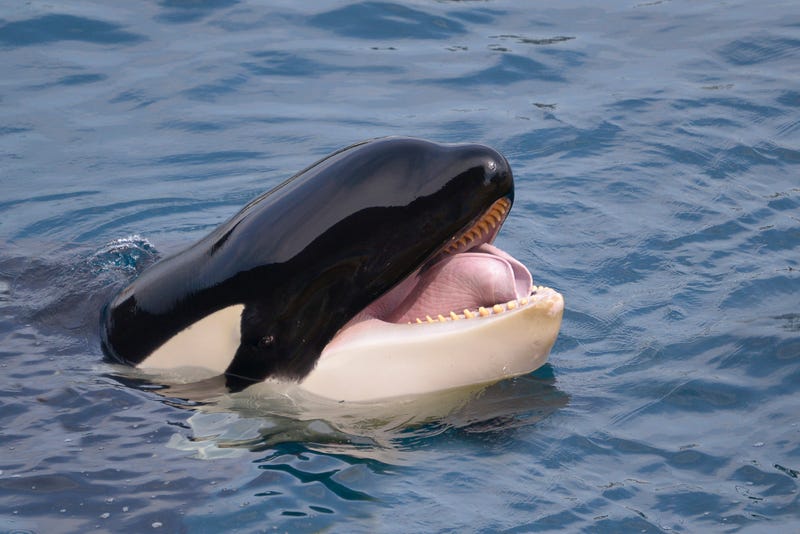NEW YORK (1010 WINS) -- On this episode of "Your Weirdest Fears", host Larry Mullins sits down with orca expert Dr. Deborah Giles to find out if the animals really do live up to their nickname "killer whales."
Having taken her lifelong love of sea creatures and channeled it into a career at the non-proft Wild Orca, Dr. Giles breaks down the common misconceptions about the creatures and reveals which underwater animals might pose an even greater risk to mankind.
What you need to know:
• Fear of any whale is called cetaphobia.
• Killer whales are known to eat everything from fish and squid to penguins, sea lions, polar bears, and even other whales. They have not been known to eat humans.
• In the wild, there have been no reliably verified fatal attacks on humans by killer whales.
• In fact, the only confirmed case of a killer whale attack in the wild happened in 1972 and was the result of a California man crossing paths with one while surfing.
• In captivity, there have been several non-fatal and four fatal attacks on humans since the 1970s. Experts are divided as to whether the injuries and deaths were accidental or deliberate attempts to cause harm.

Photo credit Getty Images
What our experts says:
• Dr. Giles says that the reason why confined orcas become aggressive is because they get stressed.
• She also affirms that whales mainly hunt and kill sharks - not humans.
• If one was to find themselves in the water with a killer whale she says, "What would most likely happen [is that] the whale would swim right by without stopping. They're naturally very curious animals."

